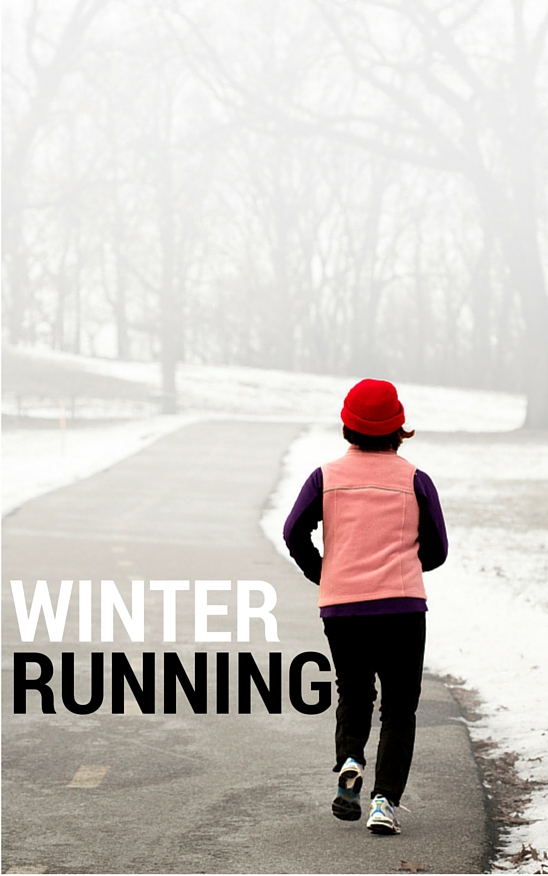Runners are a hardy bunch. Hardy and committed.
No matter how committed, though, running during the winter months offers unique challenges from battling the cold to dealing with ice or snow. Experts from the running community offered several tips as winter running musts.
- Dress differently
Common sense says you should layer up, but you can get better results by doing it a specific way. Start with a layer of moisture-wicking material, add another layer for warmth and finish with a wind-resistant layer. You want to be warm without sweating so much that it gives you chill. Need a quick rule of thumb ““ dress for weather 20 degrees warmer than it is outside. You should be slightly cool at the start, allowing the run to keep you warm.
- Get reflective
These days, it starts getting dark by 5 p.m., meaning an after-work run will be in the dark. Also, snowbanks and other obstructions offer other hazards. For safety, make sure you’re wearing at least one piece of reflective clothing. And, of course, more is better.
- Winterize your feet, too
The socks you run in during the summer aren’t the best for the winter months, too. Look for socks that wick moisture away from your feet to keep them dry. For icy tracks, consider purchasing rubber cleats that fit over your shoes “” like Yaktrax “” to give you better traction inexpensively.
- Spend extra time warming up
Cold weather makes tendons, in particular, less flexible. Muscles are also more susceptible to injuries in the cold, so a vigorous warm up is even more important.
- Adjust your stride
Experts say you should shorten your stride, which leads to your foot landing closer to your center of gravity. That gives you better balance and control when conditions are slick.
- Hydrate, hydrate, hydrate
Some things don’t change ““ and hydration is one of them. Use water or sports drinks as if it’s summer. Sweating may not be as noticeable during the winter as it is during warmer months, but you are expending fluids at nearly the same rate, so it’s important to keep hydrated. Sunscreen for exposed areas is still important, too, since snow reflects up to 80 percent of UV rays.
- Wrap up
Your body temperature drops as soon as you stop running, so it’s even more important during the winter months to get out of those damp clothes as soon as possible. Put on dry clothes and warm up that chocolate milk.
Of course, running indoors is also an option” but what’s the fun in that?

